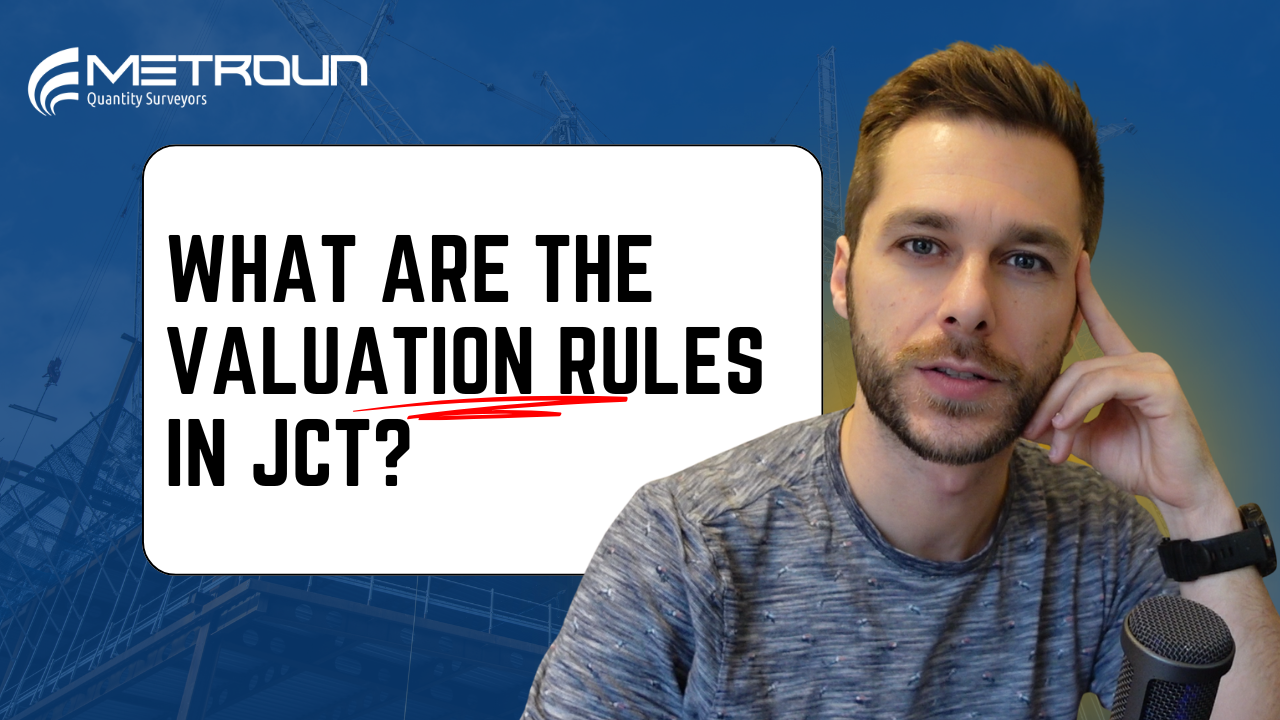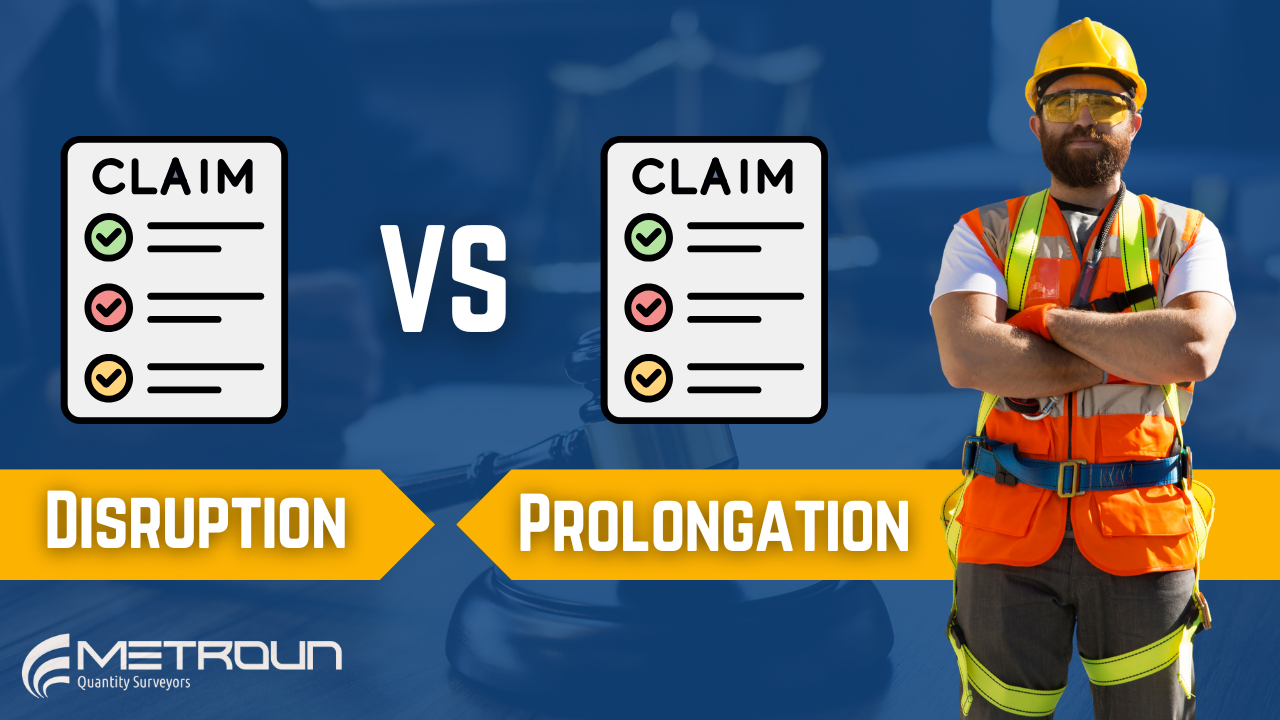How Weather is Dealt with in an NEC4 Contract in Relation to Compensation Events
The NEC4 suite of contracts is designed to allocate risks effectively, encourage collaboration, and provide clear mechanisms for addressing unforeseen events, including adverse weather conditions. In the UK, weather-related compensation events under the NEC4 contract are addressed through defined criteria and procedures, attempting to ensure fair treatment for both parties.
Weather as a Compensation Event
Under the NEC4 Engineering and Construction Contract, Clause 60.1 lists events that may qualify as compensation events, which can entitle the contractor to additional time and/or payment. Sub-clause 60.1(13) specifically addresses exceptionally adverse weather conditions as a compensation event.
The key criterion is that the weather experienced at the site must be more severe than a statistically defined threshold, typically based on historical weather data. The contract requires the identification of a reference period and location-specific weather data during the pre-contract phase, which forms the baseline for assessing if the weather is “exceptionally adverse.”
Establishing Exceptional Weather Conditions
- Baseline Weather Data: Before the contract begins, the parties agree on weather data for the site, usually based on long-term historical records (e.g., 10 years of Met Office data). This data specifies monthly probabilities for weather events, such as rainfall exceeding a certain amount, wind speeds, or temperatures below a certain threshold.
- Weather Measurement: During the contract period, actual weather conditions are measured on-site or sourced from an agreed weather station. These measurements are compared to the pre-agreed baseline.
- Threshold for Exceptional Weather: Exceptional weather is defined as a condition that occurs less frequently than once in ten years for a particular month. For instance, if rainfall in December exceeds the level that historically has a 1-in-10 chance of being exceeded, it qualifies as exceptionally adverse.
Process for Assessing Compensation
When the contractor believes that weather conditions have met the criteria for a compensation event, they must notify the Project Manager. The process includes:
- Notification: The contractor submits a notification to the Project Manager within eight weeks of becoming aware of the event, as required by Clause 61.3.
- Assessment: The Project Manager evaluates whether the weather conditions meet the agreed thresholds and whether they have impacted the contractor’s ability to carry out the works.
- Entitlement to Relief: If the weather is confirmed as exceptionally adverse and causes delay or additional cost, the contractor is entitled to compensation in the form of:
- Time Relief: Adjustment to the Completion Date or Key Dates, or…
Cost Relief: Reimbursement of the additional costs incurred due to the weather.
Practical Implications
Weather-related compensation events under NEC4 require robust documentation. Contractors must:
- Maintain accurate records of on-site weather conditions.
- Demonstrate the causal link between the weather and project delays or costs.
- Provide timely notifications to ensure claims are valid.
For employers, ensuring that weather thresholds and monitoring systems are clearly defined during contract preparation is critical to minimising disputes.











